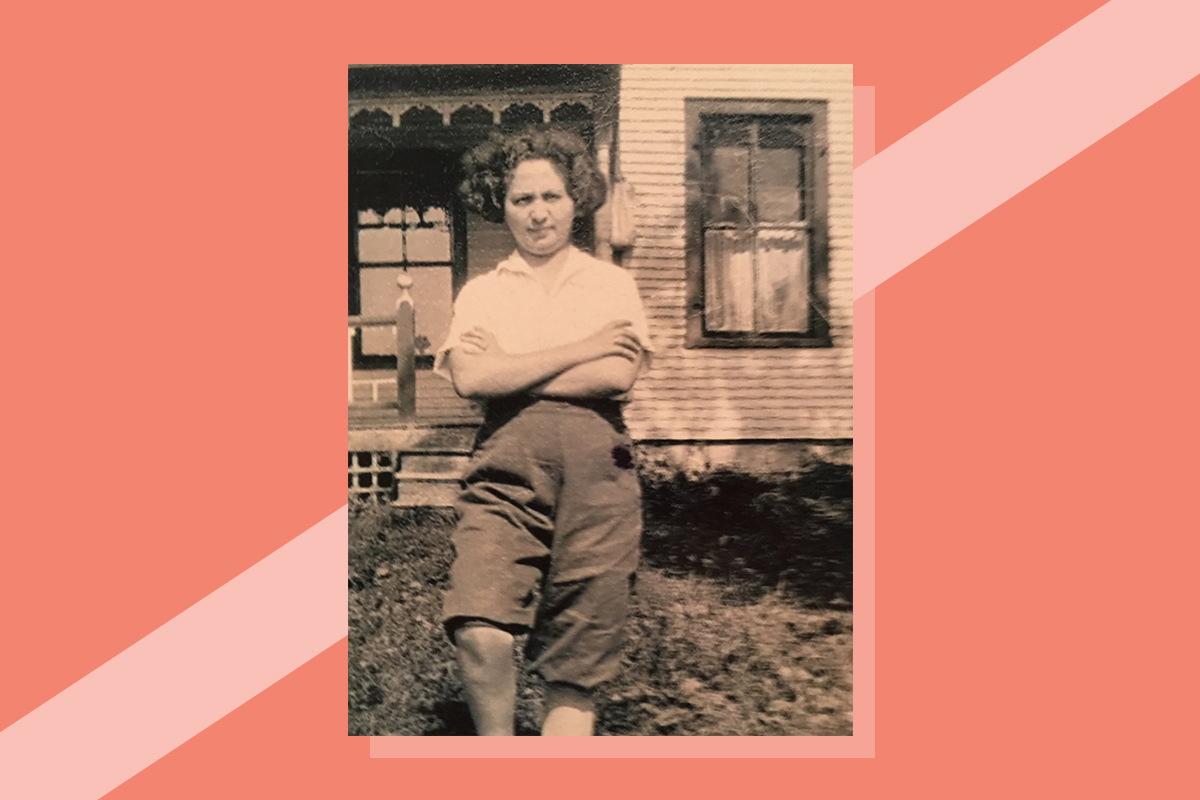My household was never a religious one growing up. My parents were hippies who had moved away from their Jewish upbringing, and my extended family mostly experienced their culture through food and intellectual debate. Sure, we celebrated the major Jewish holidays, but the dominant religious messages around me on a day-to-day basis were Christian, because our culture in America is still mostly Christian.
And so, my understanding of religion, especially when it came to women’s rights, was that it’s always patriarchal and oppressive. If I had to guess, I would’ve assumed that all religions, including my own, fell close to the pro-life side of things. But not being raised in an overtly religious household, I was lucky. Indeed, my mother raised me to be a fierce feminist with the understanding that abortion rights are necessary to women’s freedom. It wasn’t until college that I learned Judaism could actually help me fight for those rights.
It was there I took a class on “Women, Religion, and Human Rights.” I learned that Jewish law actually prioritizes the life of the mother when she’s pregnant, and that abortion is allowed in certain circumstances (particularly if the woman already has a boy and a girl). I remember walking home from class one day and calling my mother, eager to discuss this newfound knowledge of my religion and community. She responded nonchalantly that her grandmother, my great-grandmother, had gotten an abortion in Vermont in 1926 at age 26.
My great-grandmother came to the US as a young teenager from the Pale of Settlement in Russia. She worked in the garment district and got arrested for union organizing despite speaking very little English. After she met my great-grandfather, they moved to Bennington, Vermont where they were the only Jewish family in town. In 1926 she had two daughters already and very little money. Like many women today who get abortions, she felt she couldn’t afford to have another child. Her decision was apparently easy and totally in line with her religious beliefs.
Now, I have no idea how a young Jewish immigrant mother found a doctor to perform an illegal abortion in Vermont in 1926. By that point she spoke English but how many people did she know and trust in her community? Who did she feel safe going to? Years later when she told this story to my mother, she didn’t include the answers to these questions, but she did relay the story without shame or grief. It’s unlikely she was able to consult a rabbi because there wasn’t a permanent one in Bennington at the time, but she also hadn’t been raised with the Christian anti-abortion mentality that many were. Her Jewishness made this decision easier.
I first learned this story when I was 20, a young college student still finding my identity. It wasn’t until I heard my great-grandmother’s story that I truly understood what my mother had been instilling in me from an early age. I was deeply grateful for this religion that had clearly affected all the women in my family in ways I hadn’t realized before.
When my mother was 36 and pregnant with me, 50 years after my great-grandmother got her abortion, my grandmother sat my mother down to give her a warning. Under no circumstances was my mother to give birth to me at a Catholic hospital because, as my grandmother said, they were more likely to sacrifice the mother to save the baby. Luckily I came into the world relatively smoothly, but if something had gone wrong, this advice could have saved my mother’s life.
Judaism is far from perfect or free from patriarchy. Many Orthodox Jews refuse to accept LGBTQ people or acknowledge female rabbis. My mother’s memories of being told her period made her “unclean” still affect her. And I get dirty looks from old Jewish men on the subway for wearing clothes that are too revealing. Despite all that, at 20 years old I finally saw the beauty and feminism in my religion. I’m thankful the women in my family were raised with this knowledge, and survived through pregnancies and abortions to pass it onto me.



